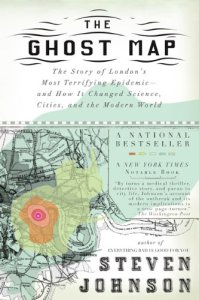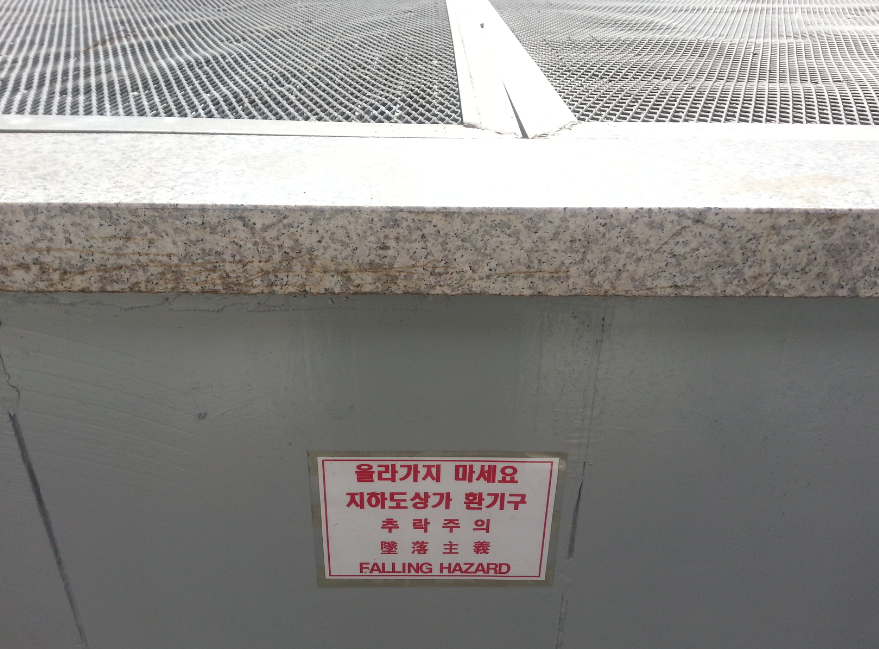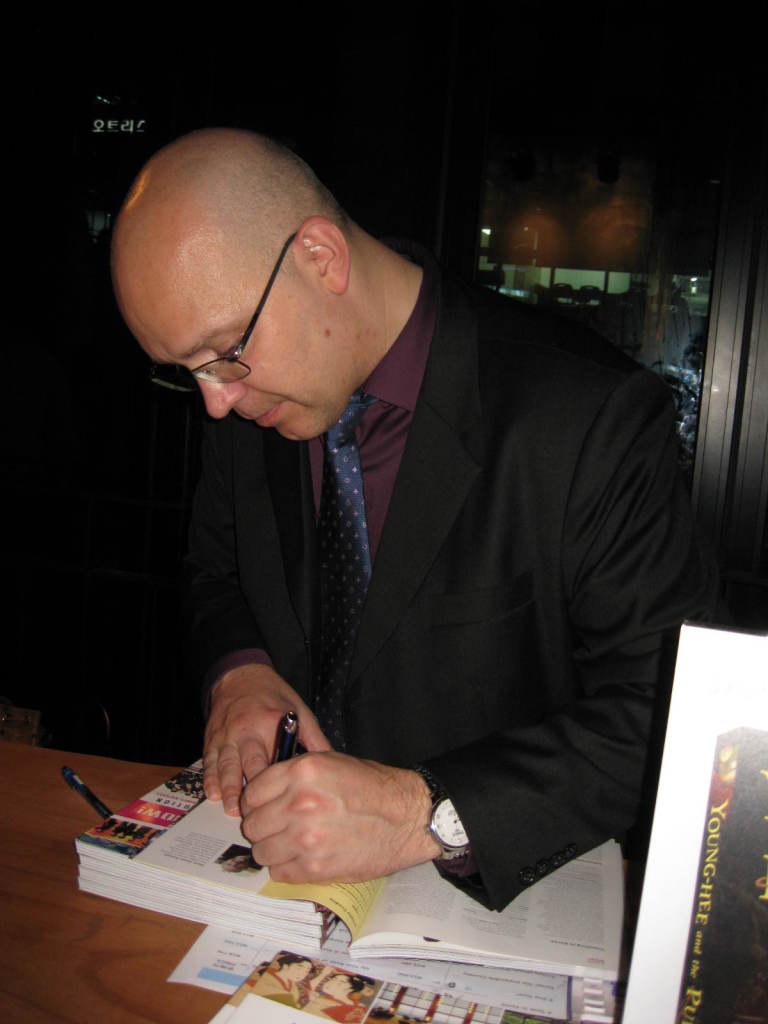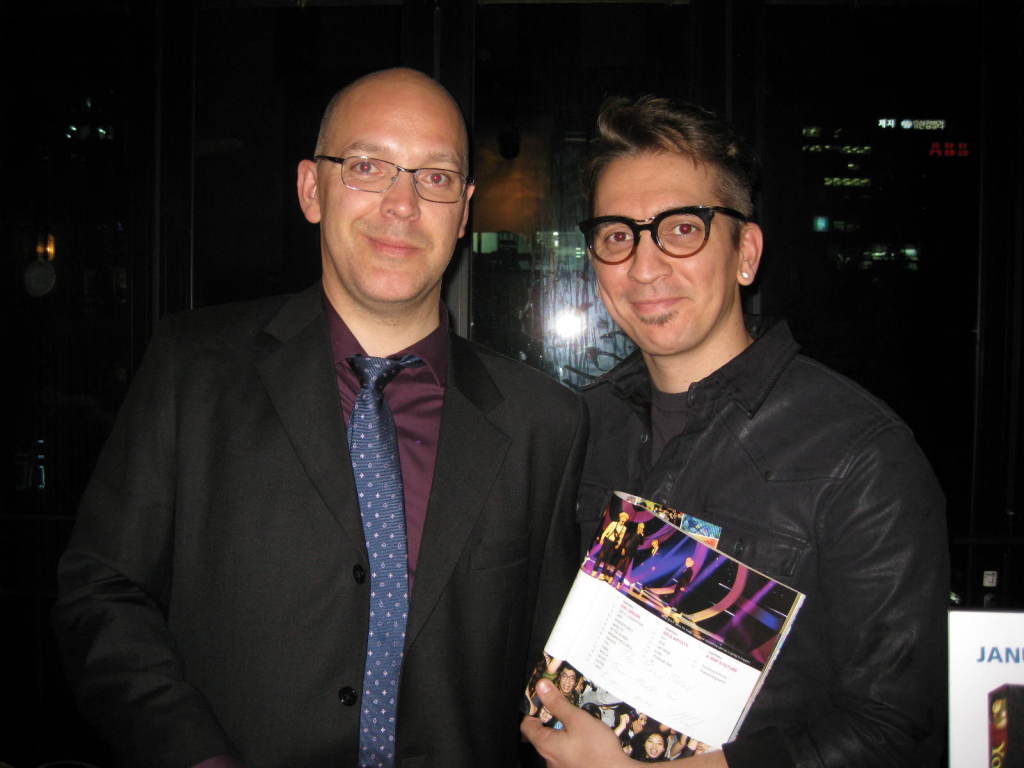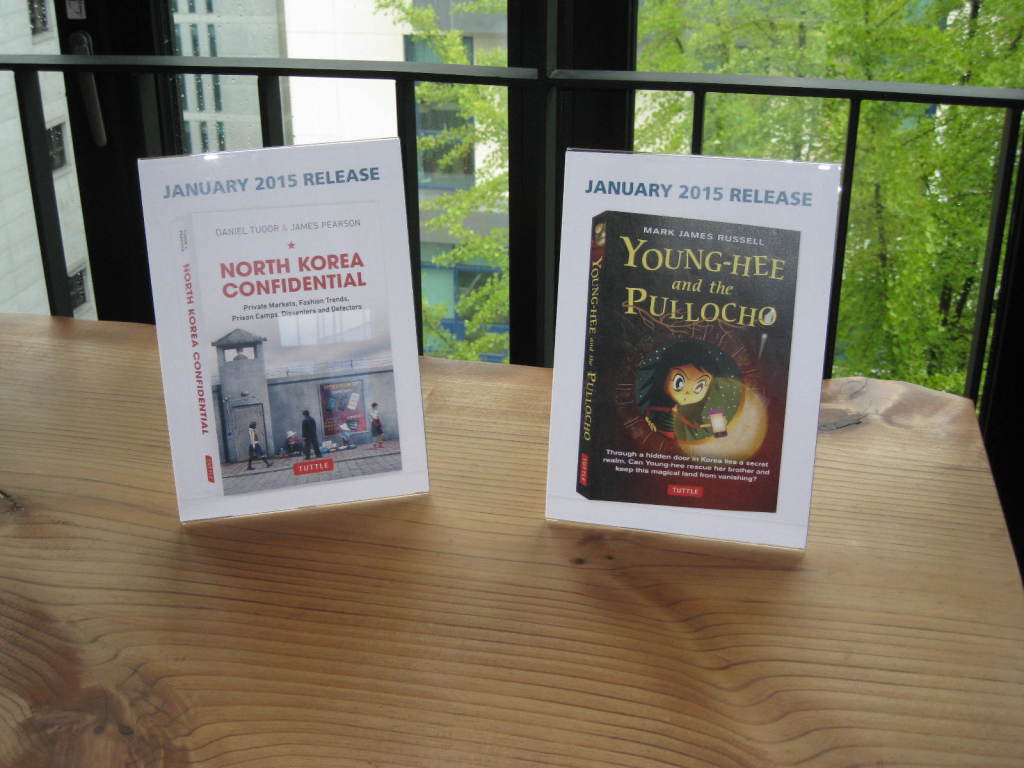I’ve talked before about my love of Peter Watts’s writing. With the recent release of ECHOPRAXIA, I thought I would give it a little review here, along with some random thoughts about his many not-so-random thoughts.

So what’s Echopraxia about? It is the story of Dan Bruks, a “baseline” human (a mostly unmodified, “normal” person) living in a very modified, post-human world nearly a hundred years in the future. When the story begins, Dan is just conducting field research in the desert of Oregon, mostly trying to keep to himself. But soon he finds himself swept up in conflicts of various post-human forces — Bicameral hive minds, zombie military forces, and the occasional vampire — a cockroach scurrying about before much greater powers, mostly just hoping to stay alive.
It is the kind-of sequel (or “side-quel”, if you will) to the amazing science-fiction novel BLINDSIGHT. Blindsight focused on humanity’s response to a first-contact situation with a very strange alien life form about a hundred years from now, sending a crew of bizarre post-humans out to the edge of the solar system to find out more about the aliens. Echopraxia, on the other hand, is more about the humanity left behind on Earth, and how post-humans continue to transform themselves and clash with each other at home.
Being a Peter Watts novel, it is also about scheming, untrustworthy actors with conflicting and hidden agendas, and our main character trying to navigate the treacherous path between them. It is also about as hard as “hard sci-fi” can get. It’s full of dense talk about biology and physics, and wild extrapolations from that science, with a huge amount of footnotes to back it all up.
So, how good is it? And should you read it?
1) Very good, although not quiet as dizzyingly brilliant as Blindsight. But that still makes it ten times better and smarter than most other science fiction.
2) Yes! Although you really need to read Blindsight first, to keep up with a lot of the strong background stuff on vampires and the aliens.
Blindsight was largely about consciousness, with Watts offering the idea that consciousness is not such a great evolutionary adaptation after all. As a big fan of Julian Jaynes, I loved a book riffing on those sorts of themes.
Echopraxia, on the other hand, is more about free will, and touches more on religious issues — which is fine, although it is not as compelling stuff to me as consciousness is.
The biggest problem with the book is that the main character appears to have no agency for most of the story (not really a surprise in a book critiquing free will). Although as the story going on, that “problem” mostly resolves itself. But it is harder to make a story compelling when it seems like the main character is just along for the ride.
The coolest part of the book is the alien life form Watts comes up with, nicknamed “Portia” (after a fascinating species of spider). Watts really knows his biology and is great at coming up with unusual biological systems. I always enjoy reading about strange aliens that are more interesting than evil-killer-monsters or super-intelligent daddy-figures. Watts is also great at challenging a lot of common assumptions about what makes humans human, and what is special about being human — call it the “anti-Star Trek”.
So, if you are looking for a great read, something challenging and really off-the-wall, a big recommend for Echopraxia (and Blindsight).
UPDATE: I should elaborate on one point about the “free will” thing. Watts has mentioned several times that he does not think that Echopraxia is about free will — in the footnotes to the book and elsewhere. But I fear I have to take issue with him on that point. While Echopraxia leaves no question about Watts’s feeling on whether we have free will (clearly “no”), it does spend a lot of time talking about how and why we do what we do. I mean, the very title of the novel means “stereotyped imitation of the movements of others.” So it seems pretty clear to me that this is a book about motivations and lack-of-rationality … in other words, free will (or, if you prefer, totally-not-free will).





